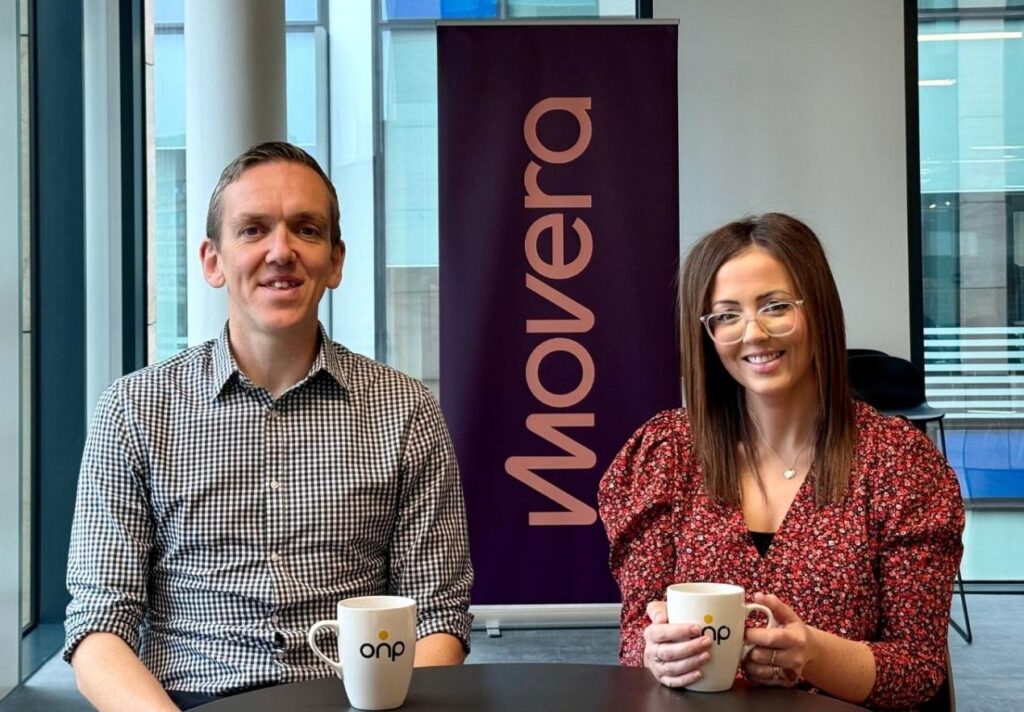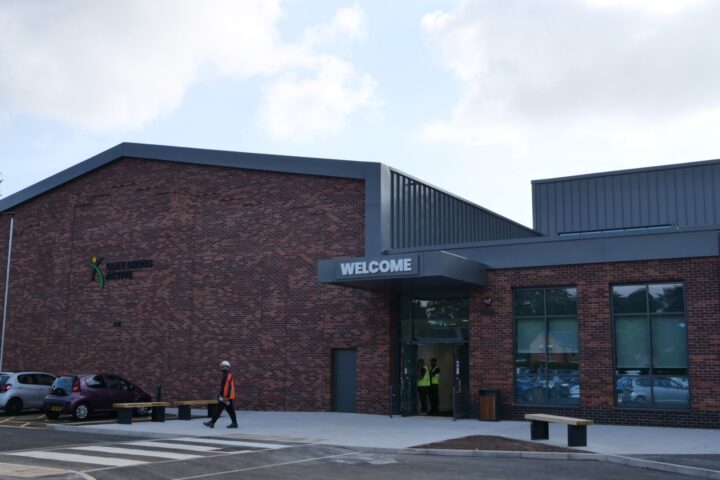New research from BSI has warned that rapid investment in artificial intelligence could significantly reduce entry-level job opportunities, as businesses increasingly use automation to replace rather than develop human talent.
The study found that 41% of business leaders globally said AI is enabling headcount reductions, while almost a third (31%) now explore AI solutions before considering hiring a person. Two fifths expect this to become standard practice within five years.
BSI’s Evolving Together: AI, automation and building the skilled workforce of the future combines AI-supported analysis of multinational annual reports with polling of more than 850 global business leaders.
The findings show that corporate discussion of job automation appears almost seven times more frequently than terms such as ‘upskilling’ or ‘retraining’, suggesting businesses are prioritising efficiency and competitive advantage over workforce development.
The research highlights growing concern that AI may be displacing traditional routes into employment. A quarter of respondents said most tasks carried out by entry-level colleagues could be performed by AI, while 39% reported that such roles have already been reduced.
Another 43% expect this to happen within the next year. Over half (56%) of leaders said they felt fortunate to have started their careers before AI became widespread, and 35% believed their first role would no longer exist today.
Despite this, 55% said the benefits of AI adoption would outweigh the workforce disruption it causes.
Susan Taylor Martin, CEO at BSI, said: “AI represents an enormous opportunity for businesses globally, but as they chase greater productivity and efficiency, we must not lose sight of the fact that it is ultimately people who power progress.
“Our research makes clear that the tension between making the most of AI and enabling a flourishing workforce is the defining challenge of our time.
“There is an urgent need for long-term thinking and workforce investment, alongside investment in AI tools, to ensure sustainable and productive employment.”
The study also found that large organisations are adopting AI faster and cutting more junior roles than smaller firms.
While half of large companies said AI is critical to growth, compared with 51% of SMEs, 70% of large businesses reported cost savings from AI, against just half of smaller firms.
Only 30% of SMEs have reduced entry-level roles due to AI, compared with half of large companies, positioning smaller firms as key to developing the next generation of skilled workers.
Laura Bishop, digital sector lead for artificial intelligence and cyber security at BSI, said: “Today we stand at the threshold of Industry 5.0, where AI, robotics, and digital systems must serve human values, not just efficiency.
“This transformation offers immense potential for productivity, but its success hinges on people. Successful adoption of these tools necessitates upskilling at all levels of the workforce and organisations should take a long-term view on the value of empowering the next generation.”
Kate Field, global head of human and social sustainability at BSI, added: “As roles are streamlined or eliminated before experience can be gained, we risk eroding the professional aspirations of people at the very start of their careers and before they’ve had the chance to flourish. Our findings suggest a troubling trend: senior leaders may be ‘pulling up the ladder’, prioritising short-term productivity over long-term workforce resilience. If left unchecked, this could have lasting consequences, from weakening our skills pipeline, deepening generational inequality and, our research suggests, dividing large companies and SMEs. SMEs have been placed in a critical position, shaping the future of work by shouldering the responsibility of training for Gen Z.”

















